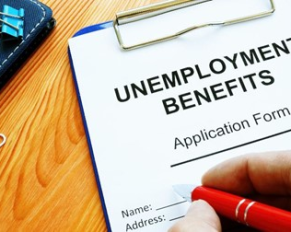By: Jennifer Weitz, Esq., and Ty Hyderally, Esq. In March of 2020, Christian Smalls, then a supervisor at JFK8, became…


By: Jennifer Weitz, Esq., and Ty Hyderally, Esq. In March of 2020, Christian Smalls, then a supervisor at JFK8, became…

By: Jennifer Weitz, Esq., and Ty Hyderally, Esq. What Are Arbitration Agreements? Arbitration agreements are legally binding contracts that provide…

Securities law deals with the regulations that apply to financial instruments like stocks, bonds, and mutual funds. In addition to preventing violations like insider trading, fraud, and market manipulation, these laws also promote greater transparency through a system of reporting and enforcement.

Whistleblower Protection New York By: Ty Hyderally, Esq., and Francine Foner, Esq. In December of 2021, New York signed a…

How to build fairer and more equitable workplaces By: Ashley A. Smith, Esq. and Ty Hyderally, Esq. This year we…

Employer Changes Company Policy By: Ashley A. Smith, Esq. and Ty Hyderally, Esq. When an employer changes a company policy,…

“Anti-Work” By: Ashley A. Smith, Esq. and Ty Hyderally, Esq. Today you can find conversation threads for just about any…

By: Ashley Smith, Esq., Aaron Schoenfeld and Ty Hyderally, Esq. It started with just one store. This past December, “workers at a Starbucks…

Job Offer Rescinded? New Jersey Expands Unemployment Eligibility By: Tom Daly, Jennifer Weitz, Esq. and Ty Hyderally, Esq. The New…

The very concept of divorce conjures up images of couples arguing at the top of their lungs and unhappy children…